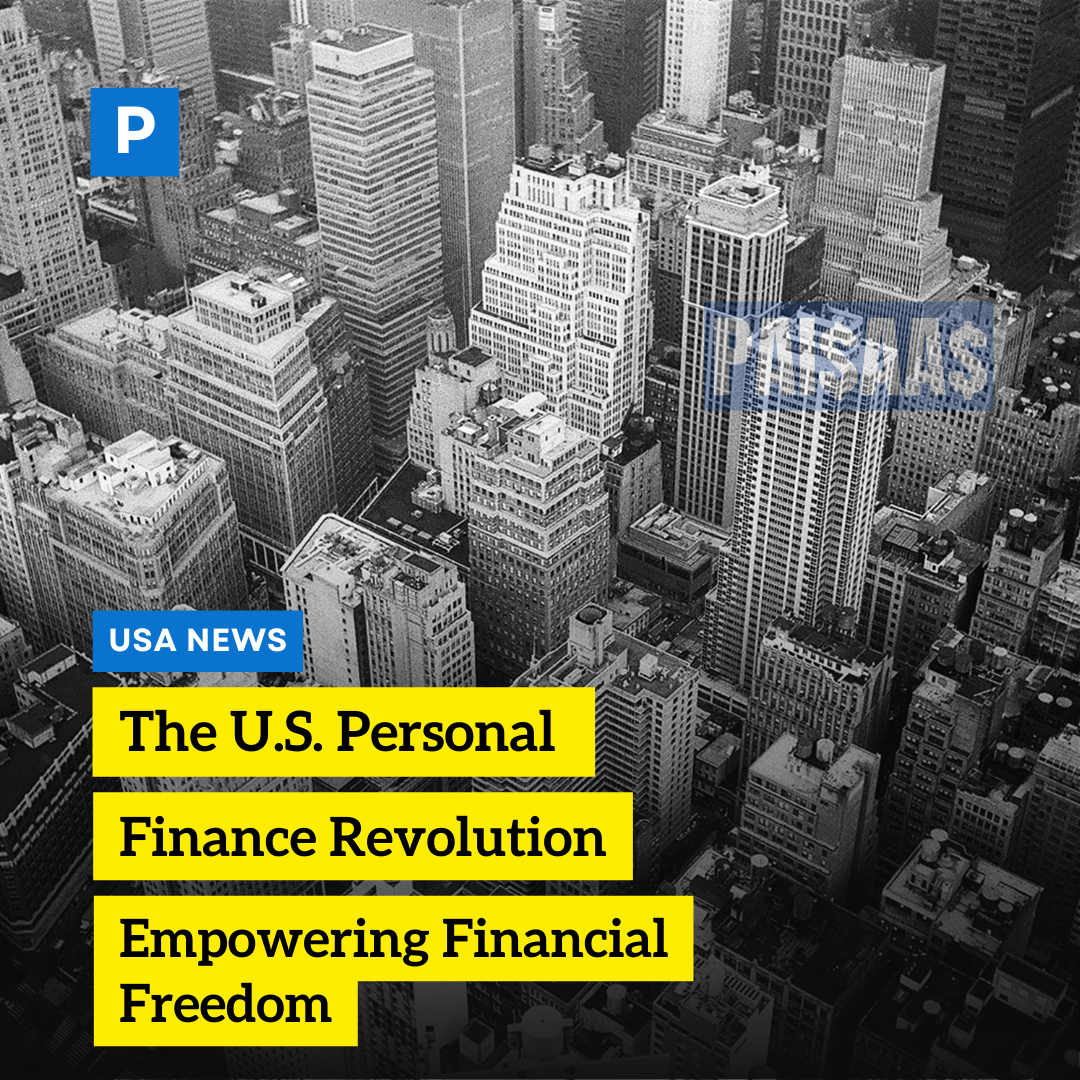

The U.S. Personal Finance Revolution: Empowering Financial Freedom.
The U.S. Personal Finance Revolution: Empowering Financial Freedom
In recent years, a personal finance revolution has been sweeping across the United States, empowering individuals to take control of their financial futures and achieve true financial freedom. This movement has gained momentum as people become increasingly aware of the importance of managing their money wisely and securing their financial well-being. With the right knowledge, tools, and mindset, anyone can embark on this journey towards a brighter financial future.
At the heart of this personal finance revolution is the concept of empowerment. Individuals are realizing that they have the power to shape their financial destinies and break free from the shackles of debt and financial insecurity. Gone are the days when financial matters were seen as daunting and complex, accessible only to a privileged few. Today, resources and information are readily available to help individuals make informed decisions and take charge of their financial lives.
One of the key drivers of this revolution is financial education. Schools,
community organizations, and online platforms are increasingly focusing on teaching individuals about personal finance, ensuring they have the knowledge and skills to navigate the intricacies of money management. From basic budgeting and saving techniques to understanding credit, investing, and retirement planning, individuals are now equipped with the necessary tools to make sound financial decisions.
Technology has played a pivotal role in empowering individuals in their personal finance journey. The rise of mobile apps and online platforms has made it easier than ever to track spending, set financial goals, and manage budgets effectively. From popular apps that round up purchases and invest the spare change to comprehensive platforms that offer personalized financial advice, technology has democratized access to financial tools and made them accessible to the masses.
Furthermore, the personal finance revolution has fostered a cultural shift in how people perceive money. Traditional norms of excessive spending and living beyond one’s means are being challenged, as individuals recognize the importance of living within their means and saving for the future. The focus has shifted towards long-term financial goals, such as homeownership, retirement, and creating a safety net for emergencies.
Debt reduction and financial independence are key pillars of the personal finance revolution. The movement emphasizes the importance of paying off high-interest debts and avoiding unnecessary debt in the first place. Individuals are encouraged to develop a debt repayment plan, prioritize their financial obligations, and adopt strategies to eliminate debt more efficiently. By freeing themselves from the burden of debt, individuals can accelerate their journey towards financial independence and wealth accumulation.
Investing is another vital aspect of the personal finance revolution.
Previously seen as a complex and exclusive domain, investing has become more accessible to the average individual. Online brokerage platforms now offer commission-free trading and user-friendly interfaces, making it easier for beginners to invest in stocks, bonds, and other financial instruments. Additionally, robo-advisors have emerged, providing automated investment solutions based on individual risk tolerance and financial goals.
The personal finance revolution also advocates for the importance of emergency funds and insurance. Building a financial safety net is crucial to weathering unexpected expenses and protecting oneself and their loved ones from financial hardship. Whether through traditional savings accounts or high-yield savings apps, individuals are encouraged to establish an emergency fund that can cover at least three to six months’ worth of living expenses. Additionally, having the right insurance coverage, such as health, life, and property insurance, is considered a fundamental component of financial security.
Lastly, the personal finance revolution emphasizes the need for ongoing financial self-improvement. Financial literacy is not a one-time achievement but a continuous process of learning and adapting to the ever-changing financial landscape. Individuals are encouraged to stay informed, read books, listen to podcasts, and attend workshops and seminars to enhance their financial knowledge. By continuously honing their financial skills, individuals can make better decisions, adapt to new opportunities, and stay ahead in an increasingly complex financial world.
Conclusion
In conclusion, the U.S. personal finance revolution is empowering individuals to take control of their financial lives and achieve true financial freedom. Through financial education, technology, changing cultural norms, and a focus on debt reduction, investing, emergency funds, and ongoing self-improvement, individuals are equipped with the tools and mindset needed to secure their financial well-being. This revolution is breaking down barriers, making personal finance accessible to all and transforming the way Americans approach money management. Now is the time to join this revolution and embark on the path towards financial empowerment and freedom.




